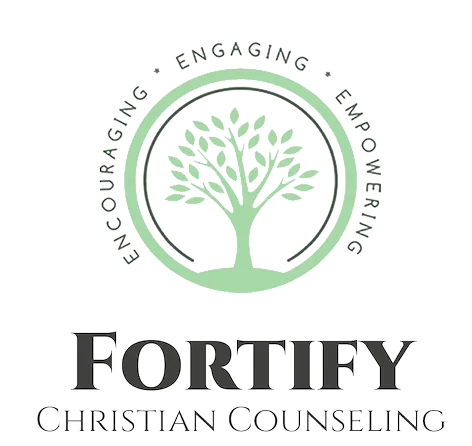“Do not call to mind the former things, or ponder things of the past. Behold, I will do something new, Now it will spring forth; Will you not be aware of it? I will even make a roadway in the wilderness, Rivers in the desert.” – Isaiah 43:18-19
It almost goes without saying, that you or someone close to you will experience some form of trauma in this lifetime. Whether it’s a car accident, physical, sexual, or emotional abuse or neglect, the sudden death of a loved one, a violent criminal act, exposure to the violence of war, or a natural disaster, almost all of us will experience some type of traumatic event.
While many people can recover from trauma over time, others discover that it’s not so easy to bounce back from the dreadful effects of traumatic events. Such individuals often suffer from ongoing emotional pain, fear, confusion, or posttraumatic stress long after the traumatic event has passed. In these circumstances, the clinical support a licensed professional counselor or other licensed mental health professional is critical.
Research points to various forms of psychotherapy such as cognitive behavioral therapy (CBT) and eye movement desensitization and reprocessing (EMDR) as effective forms of treatment for trauma, and we agree with that research, but we also believe that the greatest healer of all is God. With that in mind, at Fortify Christian Counseling, LLC we work to integrate the best of all secular trauma treatments with the wisdom and biblical guidance found in God’s Word, to bring about restoration of the body, strengthening of the mind, and healing of the soul.
If you or someone you know is suffering from the debilitating effects of trauma and you are looking for a Christ-centered way to freedom, please contact Fortify Christian Counseling, LLC today.
PTSD
Have you experienced a traumatic event? Are you suffering from lingering fear and anxiety? Do you feel like you no longer have any control over how you think, feel and behave?
Posttraumatic stress disorder – also known as PTSD – is a mental health challenge that may occur in individuals who have experienced or witnessed a traumatic event such as a natural disaster, a terrorist act, an act of war, a serious accident, rape, or any other violent personal assault.
It is believed that PTSD affects nearly four percent of the U.S. adult population. While it is usually linked with veterans who’ve experienced combat, PTSD occurs in all people regardless of age, race, nationality or culture. In fact, women are twice as likely to experience PTSD than men.
What are the Symptoms of PTSD?
People with PTSD often experience intense thoughts and feelings related to their traumatic experiences. These can last for a long time after the initial event. Many people with PTSD also relive the event through flashbacks and nightmares.
People with PTSD often feel intense emotions such as fear, anger, sadness and a detachment from friends, family and community members. They often avoid people and situations that remind them of the traumatic event. Ordinary sounds or incidents such as a door banging or accidental touch in a crowd may cause a strong and uncontrollable reaction.
How Can Treatment Help?
There are a variety of treatments that can be used to treat PTSD. However, there are three specific techniques that are consistently gaining research-based evidence of their effectiveness in successfully treating PTSD.
- Cognitive Processing Therapy – This modality focuses on how a person perceives a traumatic event and processes it. A therapist can help their client work through stuck points, which are certain thoughts related to the trauma that prevent the person from recovering.
- EMDR – EMDR stands for eye movement desensitization and reprocessing. This technique uses bilateral sensory input such as side-to-side eye movements to stimulate the brain to process difficult thoughts, memories and emotions.
- Cognitive Behavioral Therapy (CBT) – CBT is a form of talk therapy that focuses on how thoughts, feelings and behaviors are related to one another. The goal of a CBT therapist is to help a client with PTSD return to a place of hope with a greater sense of being in control of their thoughts and behaviors.
If you or a loved one suffer with PTSD and would like to explore treatment options, please reach out to me. I have personally seen amazing transformation through therapy and want to offer the help you need to enjoy life again.

